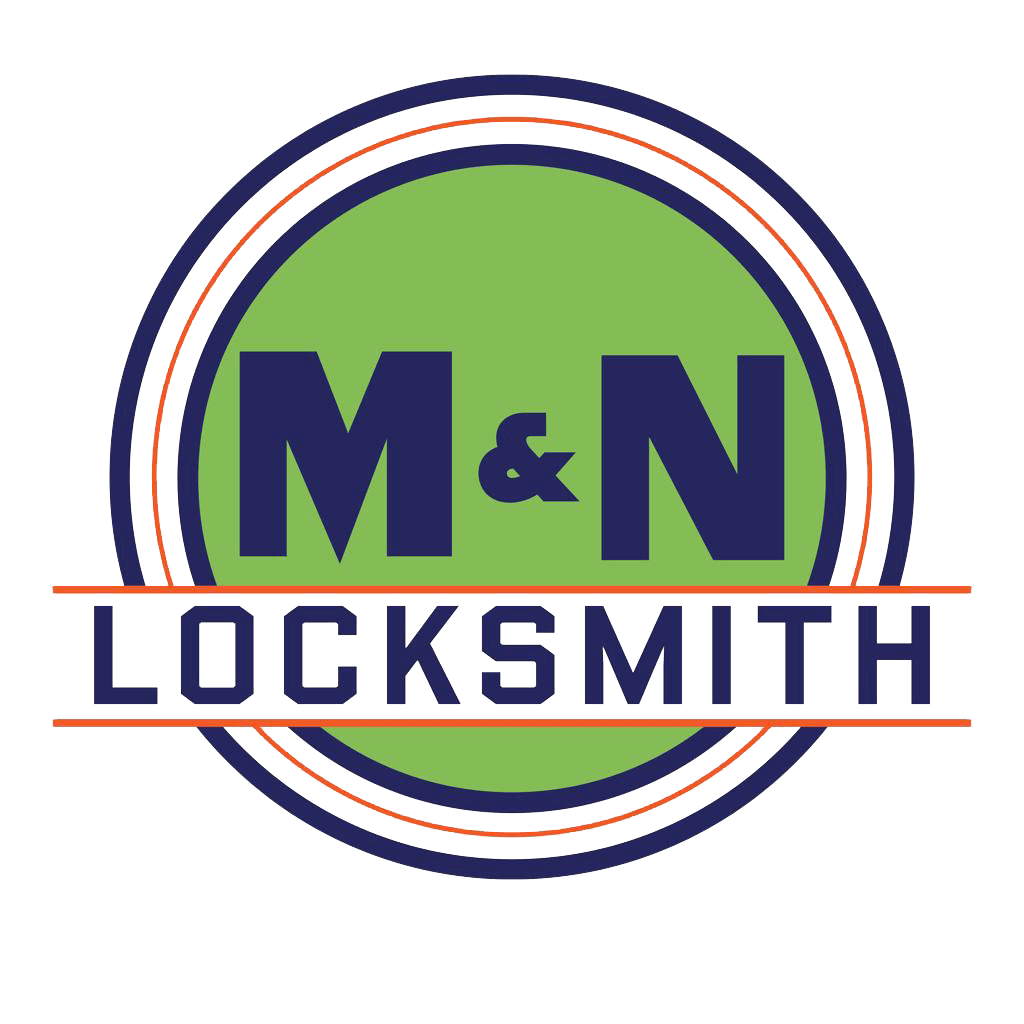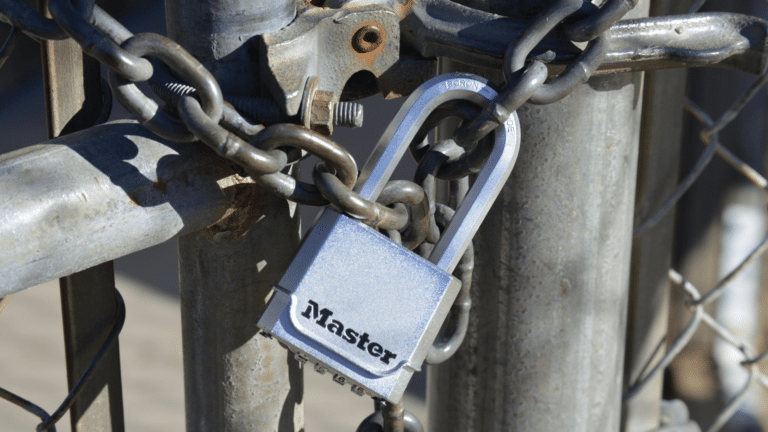Have you ever wondered how certain individuals can effortlessly unlock multiple doors with just one key? The answer lies in the fascinating world of master keys. These ingenious devices provide a level of convenience and efficiency that is unparalleled. Whether you are a locksmith, a building manager, or simply someone curious about the inner workings of locks, prepare to unlock the mystery of the master key.
In this article, we will share with you the following information;
- The Basics
- How Does a Master Key Work?
- The Components
- Advantages
- Common Applications
- How To Create A Master Key System?
- Key Consideration
- Troubleshooting And Maintenance
The Basics
Before we delve into the intricacies of how a master key operates, let’s start with the basics of a master key system. A Master key system is a keying system that is hierarchical and provides for different levels of access. In this arrangement, there are multiple locks each having its key. However, there exists also what is known as a master key which can open all the locks within the system.
Master Key System has been designed in intricate hierarchy. Each lock must be exclusively opened using a single key called the change key. What is more, besides, there is also one that could open every lock present in it—this being termed a hierarchal structure enables control access for allowing only authorized persons to enter into particular places.
How Does a Master Key Work?
Now that we understand the basics, let’s explore how a master key works. At its core, a master key is designed to operate multiple locks within a master key system. The secret lies in the unique pinning arrangement of the locks and the corresponding key cuts.
When you insert a master key into a lock, the pins interact with it. The master key lifts these pins to the correct height, allowing the lock to rotate and open. The master key’s key cuts are strategically positioned to correspond with each lock’s pinning arrangement.
The beauty of a master key lies in its ability to manipulate these pinning arrangements. By carefully adjusting the pin heights and key cuts, a locksmith can create a master key that can successfully open multiple locks within a system. To craft each lock and key combination with precision and expertise, this intricate process is required.
Components
To fully grasp the inner workings of a master key system, it is essential to understand its key components.
- Change Keys: These are the individual keys assigned to specific locks within the system. Each change key can only open its corresponding lock.
- Master Key: The master key is the key that can open all the locks within the system. It is the key that grants access to multiple areas or levels of security.
- Locks: The locks are the physical devices that secure doors, cabinets, or any other entry point. These locks are designed to interact with specific keys, allowing or denying access based on the key used.
- Pins: The pins inside the locks are the tiny mechanisms that align with the cuts on the key. The pins are responsible for determining whether a lock will open or remain locked.
- Cylinder: The cylinder is the part of the lock that houses the pins and interacts with the key. It is the component that rotates when the correct key is inserted, allowing the lock to open.
By understanding these components and their interactions, one can begin to appreciate the complexity behind the functionality of a master key system.
Advantages
Now that we have a solid understanding of how a master key works, let’s explore the advantages of implementing a master key system. Here are some key benefits:
- Convenience: With a master key system, you no longer need to carry around a bulky keychain filled with numerous keys. A single master key can provide access to multiple areas, streamlining your daily routine.
- Enhanced Security: By implementing a master key system, you can ensure that only authorized individuals have access to specific areas. This heightened level of security helps protect sensitive information, valuable assets, and the overall safety of a building.
- Efficiency: With a master key system, building managers can easily grant or revoke access to various areas without the need to rekey every lock. This saves time, effort, and money, especially in large-scale facilities with multiple access points.
- Flexibility: A master key system allows for customization and flexibility. Access requirements can group locks, enabling different levels of authorization within a building or facility.
Common Applications
Master key systems find application in various industries and settings. Here are a few common scenarios where master key systems are employed:
- Residential Buildings: Property owners and managers often utilize master key systems to provide access to maintenance personnel, while still maintaining the privacy and security of individual units.
- Hotels: In the hospitality industry, master key systems are utilized to grant housekeeping staff access to multiple rooms, ensuring efficient room turnover.
- Office Buildings: With multiple tenants and shared common areas, office buildings benefit from master key systems to control access to different floors, departments, or secure areas.
- Educational Institutions: Master key systems are commonly used in schools and universities to provide selective access to classrooms, administrative offices, and faculty areas.
How to Create a Master Key System?
Creating this requires careful planning and expertise. Here is a step-by-step guide:
- Assess Your Needs: Identify the areas and locks that require access control. Consider the different levels of access required and the hierarchy within your organization.
- Design the Hierarchy: Determine the levels of access and the relationship between the locks. Assign change keys to specific locks and establish which locks can be accessed by the master key.
- Consult a Professional: Working with a professional locksmith is highly recommended to ensure the integrity and functionality of your master key system. They have the expertise to design and implement a system tailored to your specific needs.
- Implement the System: Once the design is finalized, it’s time to implement the master key system. This involves rekeying the locks and creating the necessary change keys and master keys.
- Test and Refine: After the system is in place, thoroughly test each key and lock combination to ensure smooth functionality. Make any necessary adjustments or refinements to optimize the system’s performance.
Key Considerations
Before implementing a master key system, there are several key considerations:
- Security: Ensure that this is designed with robust security measures in place. This includes using high-quality locks, limiting access to key duplication, and regularly maintaining the system.
- Key Control: Establish strict key control protocols to prevent unauthorized key duplication. Keep a detailed record of all issued keys and regularly audit the system to ensure compliance.
- Training and Education: Properly train and educate employees or tenants on the proper use and security protocols of the master key system. This helps prevent misuse and ensures the system’s longevity.
- Maintenance: Regularly maintain and service the system to ensure its continued functionality and effectiveness. This includes lubricating locks, replacing worn-out components, and rekeying locks when necessary.
Troubleshooting and Maintenance
Like any complex system, master key systems may encounter issues or require maintenance from time to time. Here are some common troubleshooting steps and maintenance practices:
- Key Sticking: If a key is sticking or not turning smoothly in a lock, try lubricating the lock cylinder with a graphite-based lubricant. Avoid using oil-based lubricants, as they can attract dirt and debris.
- Key Breakage: If a key breaks inside a lock, contact a professional locksmith to safely extract the broken key and make a replacement if needed. Removing the key by yourself may cause further damage.
- Lock Malfunction: If a lock is not functioning properly, it may require cleaning or repair. Contact a professional locksmith to diagnose and resolve any lock-related problems.
- Regular Maintenance: Schedule regular maintenance checks. This includes inspecting locks, lubricating cylinders, and replacing worn-out components. Regular maintenance helps to avoid future problems and prolong the life of the system.
Conclusion
In conclusion, a master key system is a remarkable solution that provides convenience, security, and efficiency. Understanding the mechanics of a master key and its components allows you to appreciate their precise design and functionality. Whether you manage a huge office complex or simply wish to streamline your daily routine, using a master key system can unlock a world of ease and control.
Ready to explore the possibilities? Contact a professional locksmith to discuss your needs and take advantage of the benefits that come with this remarkable technology.
Frequently Asked Questions
1. Can any lock be opened by a master key?
No, a master key can only open locks made specifically for that particular master key’s compatibility. Each lock in the system of a master key is assigned unique pinning arrangements that match the corresponding cuts on the particular master key.
2. How does a master key lock work?
A master key and a change key can both operate a master key lock due to its unique pinning arrangement. The change key operates a specific lock, while the master key operates multiple locks within the system.
3. How does a Master Key open all doors?
Its key cuts are located exactly where they need to be when opening each door within a Master Keying system because they match up strategically with each lock’s pinning arrangement. With insertion into the lock, pins raise to an appropriate height upon which turning occurs and opening takes place.
4. How does Master Lock control keys work?
A Master Lock control key works by aligning specific pins within the lock cylinder, allowing it to bypass the standard key and operate the lock.
5. Does a master key unlock everything?
No, a master key can only unlock locks in a certain master key system. It does not provide access to locks outside of that system. Master keys open specific locks, allowing allowed access while maintaining security and control.


